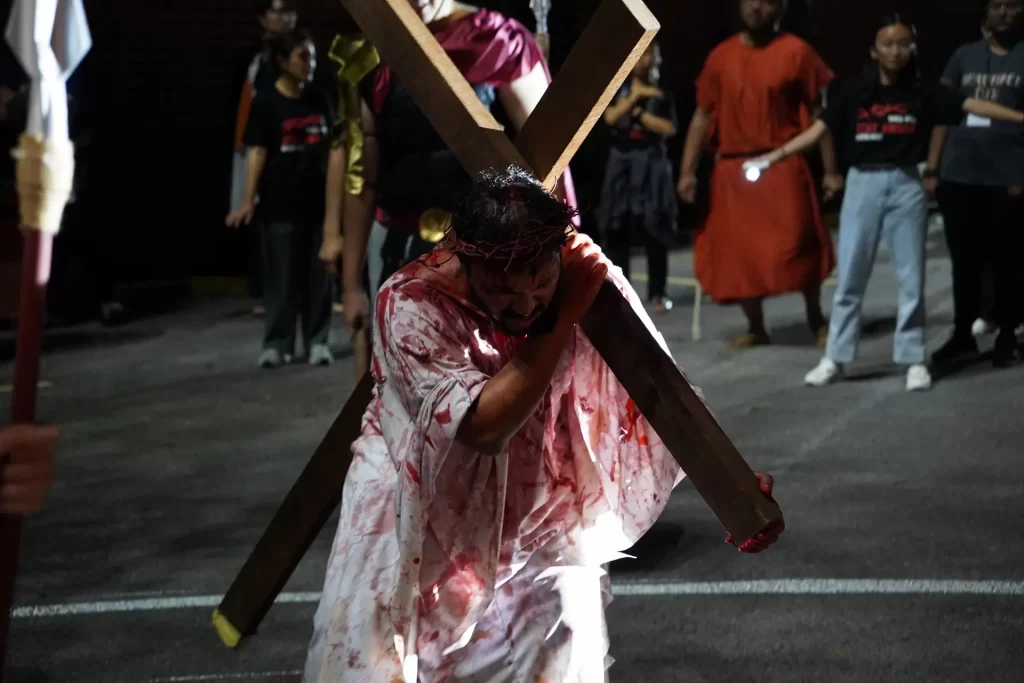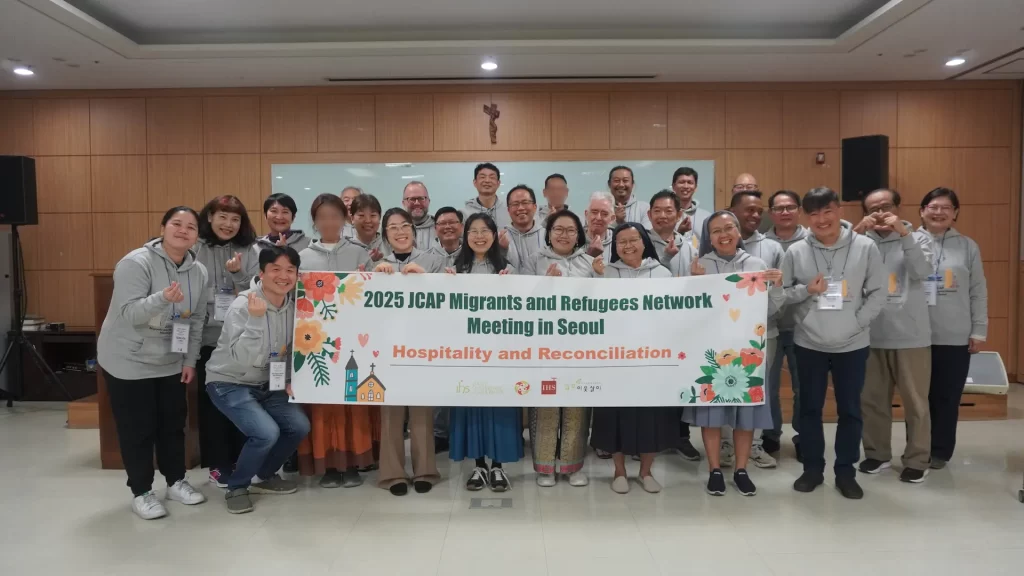I remember my first visit to the Klong Prem Prison Hospital with Father Olivier in April 2009 (two months before I started full time Prison Ministry that June). We approached each prisoner patient and gave him a few things such as toiletry articles and cookies. I thought we were going too fast and wondered how we could do better.
Then I saw a very sick man who looked awful, his stomach so ugly, like a big balloon that might explode any minute. I turned away immediately. I walked away fast, pretended that I hadn’t seen him, and tried to avoid his bed in this large ward by going to another bed that did not look so bad.
While I was at the other bed, I saw Father Olivier make a special stop near that very ill patient. He touched him in a very kindly way, then he called me to join him. Uhmm… I really hesitated to go there, but I had to. When I reached that bed, Father Olivier took my hand firmly; he wanted me to be there with them. As I started to look attentively at the man, I began slowly to see him with the eyes of my heart. I saw tears drop from his eyes. That moment, I understood how valuable these few minutes were for me: Father Olivier, the sick prisoner and me, we were one in God’s love – HE was there too!
Fr. Olivier walked to another bed but I stayed with this man a little longer. I touched him and I knew I loved him. In silence I asked his pardon for my fear. Now he didn’t look ugly at all; instead I saw there a great man. Fr. Olivier has now left this mission and I will carry on.
This experience happened to me at the very beginning of my commitment to work for Prison Ministry. It is a great calling… “Be not afraid, I’m with you”,… “COME FOLLOW ME”… The experience confirmed to me that I will, and can do this work with full confidence.
Note : Klong Prem Prison Hospital is a big prison hospital in Bangkok. We visit it twice every month. We walk from bed to bed to visit the patients on four floors, each floor with about four to five rooms, all together about 80-150 patients.
Ms.Vilaiwan Phokthavi (2009 – present)
Fr.Olivier Morin SJ (1991 – 2009)
Prison Ministry – Jesuit Foundation Thailand
Xavier Hall, 43 Phaholyothin Road,
Bangkok 10400, THAILAND
Source: SJS Headlines 2010/08






